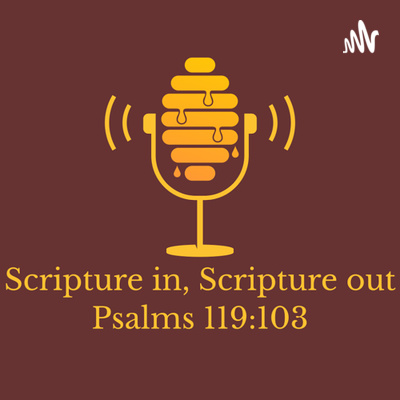Echoes of Truth Series - God In The Dock by C.S. Lewis
Description
In todays episode we start a new series! Prolific Christian writers have been able to take the deepest feelings we all wish to express, and put words to them. I suppose that's what got them published in the first place, is the ability to say what most people thought. In this series we want to take time to dive into these works so that we may discern the eternal truths they express that are already found in God's Holy Word. We hope you enjoy these episodes as much as we have enjoyed having the discussions!
In this first episode Jared Wells of the Brother Cousins Podcast and I tackle C.S. Lewis's "God In The Dock" essay.
In this essay, Lewis addresses the idea of placing God "in the dock," which is a legal term for putting someone on trial. He metaphorically explores how modern society tends to subject God and His moral laws to human judgment and scrutiny, rather than accepting a higher, unchanging moral authority.
Lewis begins by discussing the shift in modern thinking where people have become the ultimate arbiters of truth and morality, often relegating God's commands to matters of personal opinion or cultural relativism. He argues that this stance reflects a dangerous arrogance where humans place themselves above God and attempt to judge divine principles based on their limited understanding.
Lewis goes on to highlight the consequences of this mindset, noting that when society decides which moral principles to accept or reject based on individual preferences, it can lead to moral chaos and the loss of objective standards. He emphasizes that true moral progress is not about moving away from traditional values, but rather about understanding and adhering to the fundamental moral truths that have been revealed by God.
Throughout the essay, Lewis emphasizes the need for humility in recognizing the limitations of human knowledge and the importance of accepting a higher moral order that transcends individual desires. He asserts that placing God "in the dock" is a mistake that distorts our understanding of morality and undermines the basis for meaningful ethical discussions.
In "God in the Dock," C.S. Lewis critiques the modern tendency to subject divine truths to human judgment and highlights the necessity of acknowledging a higher moral authority. He encourages readers to approach moral and ethical discussions with a sense of humility, recognizing the wisdom inherent in timeless truths rather than simply following fleeting cultural trends.







